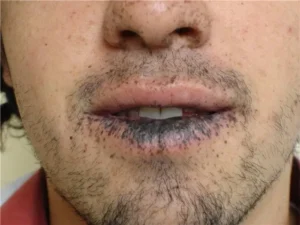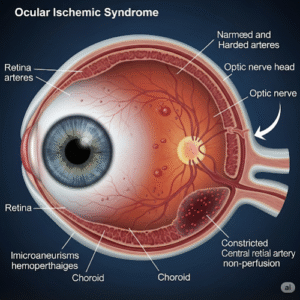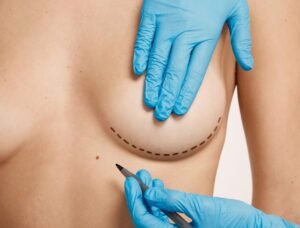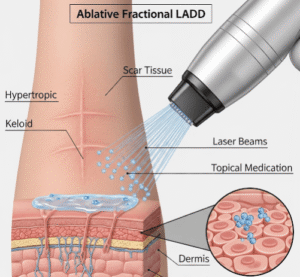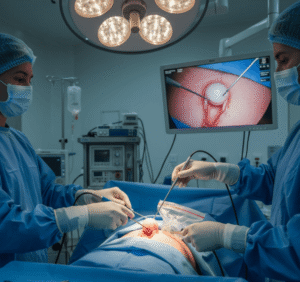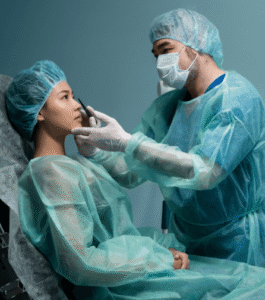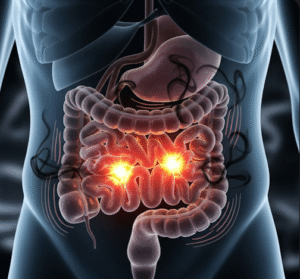Overview
A hiatus hernia occurs when part of the stomach pushes upward through the diaphragm into the chest cavity. This condition is relatively common in Korea, especially among older adults, and is often linked with gastroesophageal reflux disease (GERD). Korean hospitals provide advanced diagnostic and surgical techniques to effectively manage this condition.
What is Hiatus Hernia?
A hiatus hernia develops when the opening in the diaphragm (the hiatus) becomes enlarged, allowing the stomach to move upward into the chest. There are two main types:
- Sliding hiatus hernia: the stomach and lower esophagus slide up into the chest (most common).
- Paraesophageal hernia: part of the stomach pushes through beside the esophagus (less common but more serious).
Symptoms
- Heartburn or acid reflux
- Regurgitation of food or liquids
- Chest pain or discomfort
- Difficulty swallowing
- Shortness of breath (in severe cases)
- Chronic cough or hoarseness
Causes
- Weakness in the diaphragm muscle
- Increased abdominal pressure (from obesity, pregnancy, or heavy lifting)
- Age-related changes
- Persistent coughing or straining
- Congenital (present from birth) in rare cases
Risk Factors
- Age over 50
- Obesity or overweight
- Chronic coughing (smoking-related or respiratory illness)
- Pregnancy
- Family history of hiatus hernia
Complications
- Severe GERD leading to esophagitis
- Esophageal ulcers or bleeding
- Strangulation of paraesophageal hernia (medical emergency)
- Barrett’s esophagus (precancerous changes in the esophagus)
Prevention
- Maintaining a healthy weight
- Eating smaller meals and avoiding lying down after eating
- Avoiding heavy lifting or straining
- Quitting smoking
- Elevating the head while sleeping to prevent reflux
Treatment Options in Korea
South Korea offers a combination of medical and surgical options for managing hiatus hernia:
- Diagnosis:
- Endoscopy, barium swallow X-ray, and esophageal manometry at major hospitals such as Seoul National University Hospital and Samsung Medical Center.
- Medical management:
- Proton pump inhibitors (PPIs) and H2 blockers to reduce stomach acid
- Lifestyle modifications and dietary guidance
- Surgical treatment:
- Laparoscopic Nissen fundoplication and other minimally invasive procedures are widely performed in Korea for severe or complicated cases.
- Surgery is available at top centers such as Asan Medical Center and Yonsei Severance Hospital.
- Follow-up care:
- Regular monitoring for GERD symptoms
- Long-term lifestyle and dietary counseling
Korean healthcare combines advanced diagnostics with world-class minimally invasive surgical options, ensuring effective outcomes for patients with hiatus hernia.



